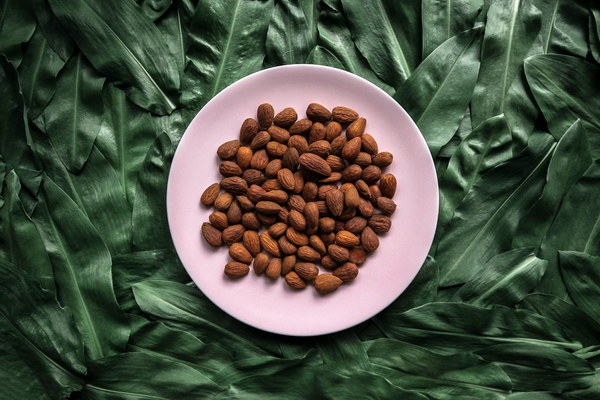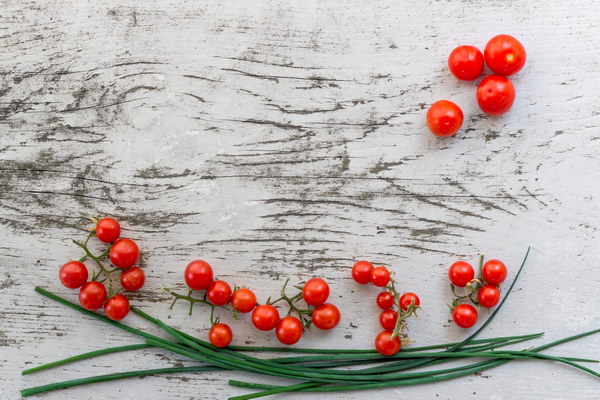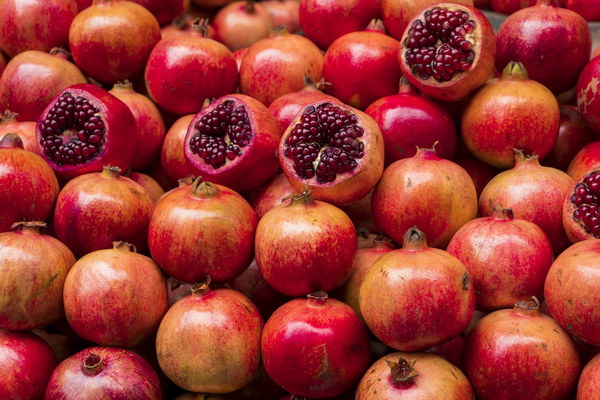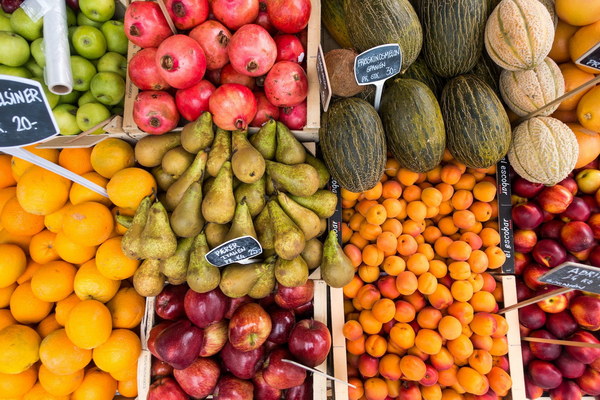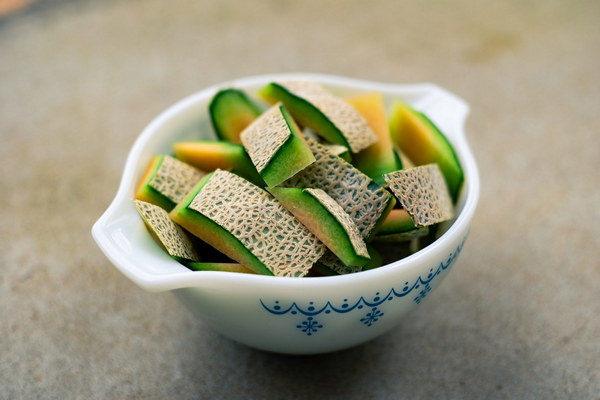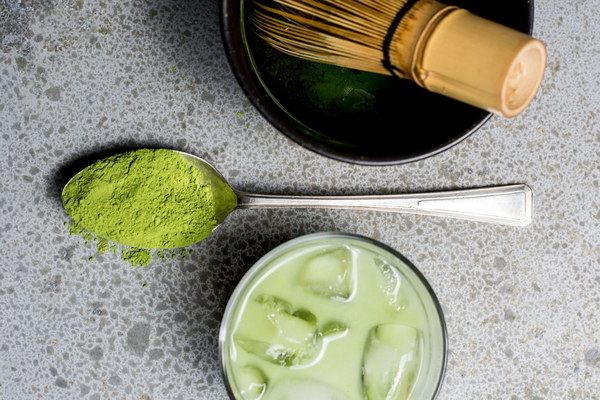How to Nourish Your Spleen and Stomach Tips for Those Who Dont Enjoy Eating
Introduction:
The spleen and stomach are vital organs in traditional Chinese medicine, playing a crucial role in digestion, nutrient absorption, and overall health. However, many people struggle with poor appetite, leading to concerns about their spleen and stomach function. In this article, we will explore practical tips and strategies to nourish your spleen and stomach, even if you don't enjoy eating.
1. Cultivate a Positive Eating Attitude:
One of the primary reasons for a poor appetite is a negative mindset towards food. Start by adopting a positive attitude towards eating. Find joy in the taste, texture, and aroma of your meals. Remember, a healthy relationship with food is essential for maintaining a healthy spleen and stomach.
2. Eat Regularly:
Eating irregularly can strain your spleen and stomach. Aim to eat small, frequent meals throughout the day to keep your digestive system active and efficient. This helps in proper nutrient absorption and prevents overeating during meals.
3. Choose Spleen and Stomach-Friendly Foods:
Select foods that are known to nourish your spleen and stomach. These include:
- Brown rice, oatmeal, and other whole grains
- Root vegetables like carrots, beets, and sweet potatoes
- Lean proteins such as chicken, turkey, and fish

- Fermented foods like yogurt, kefir, and sauerkraut
- Herbs and spices like ginger, cinnamon, and turmeric
4. Avoid Cold and Raw Foods:
Cold and raw foods can be difficult to digest and may harm your spleen and stomach. Try to limit the intake of ice-cold drinks, raw fruits, and vegetables. Instead, opt for cooked or steamed dishes that are easier on your digestive system.
5. Practice Mindful Eating:
Engage in mindful eating to enhance your digestion and improve your relationship with food. Sit down and focus on your meal, taking time to chew and savor each bite. This practice can help you appreciate the flavors and textures, leading to a more enjoyable and nourishing eating experience.
6. Reduce Stress:
Stress can negatively impact your spleen and stomach function. Find ways to manage stress, such as practicing relaxation techniques, engaging in physical activity, or seeking support from friends and family. A calm mind can lead to better digestion and appetite.
7. Regular Exercise:
Exercise helps improve blood circulation, which aids in the proper functioning of the spleen and stomach. Engage in moderate exercise, such as walking, yoga, or tai chi, to support your digestive health.
8. Herbs and Supplements:
Consider incorporating herbs and supplements that support spleen and stomach health. Some popular options include:
- Astragalus: Known for its immune-boosting properties and ability to strengthen the spleen.
- Licorice root: Helps soothe the digestive tract and reduce inflammation.
- B-complex vitamins: Essential for healthy digestion and nutrient absorption.
Conclusion:
A poor appetite can be a concern for the health of your spleen and stomach. By adopting a positive eating attitude, eating regularly, selecting spleen and stomach-friendly foods, and incorporating stress-reduction techniques, you can improve your digestive health. Remember, a healthy relationship with food is key to nourishing your spleen and stomach.
